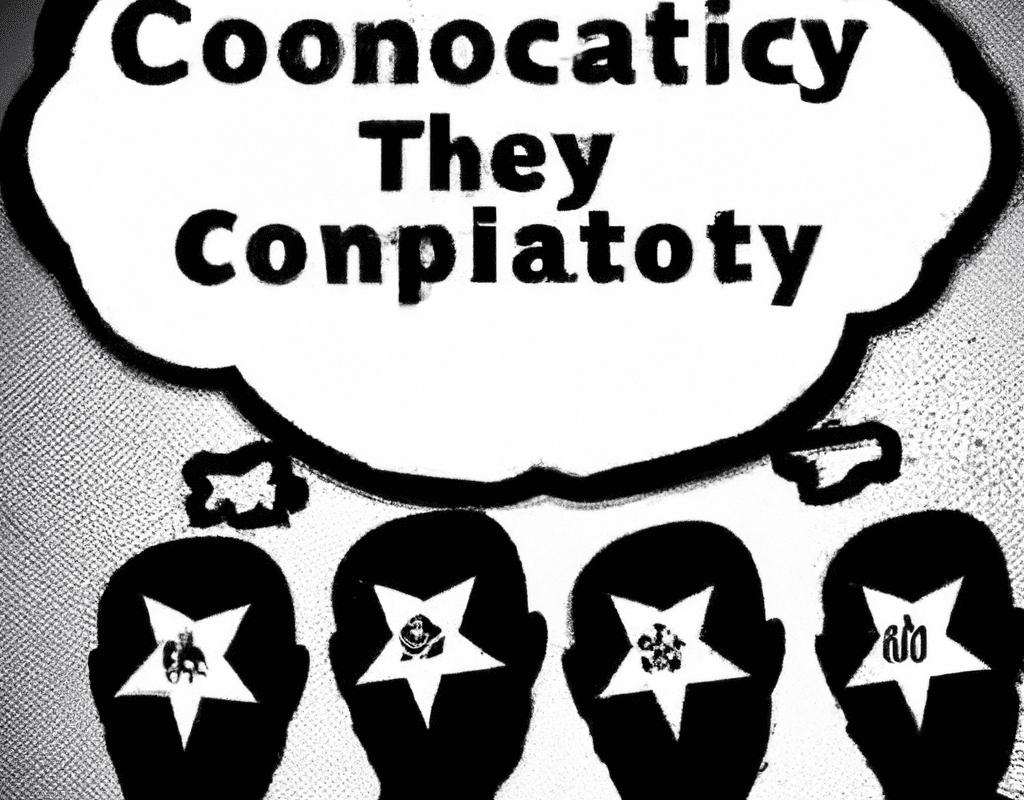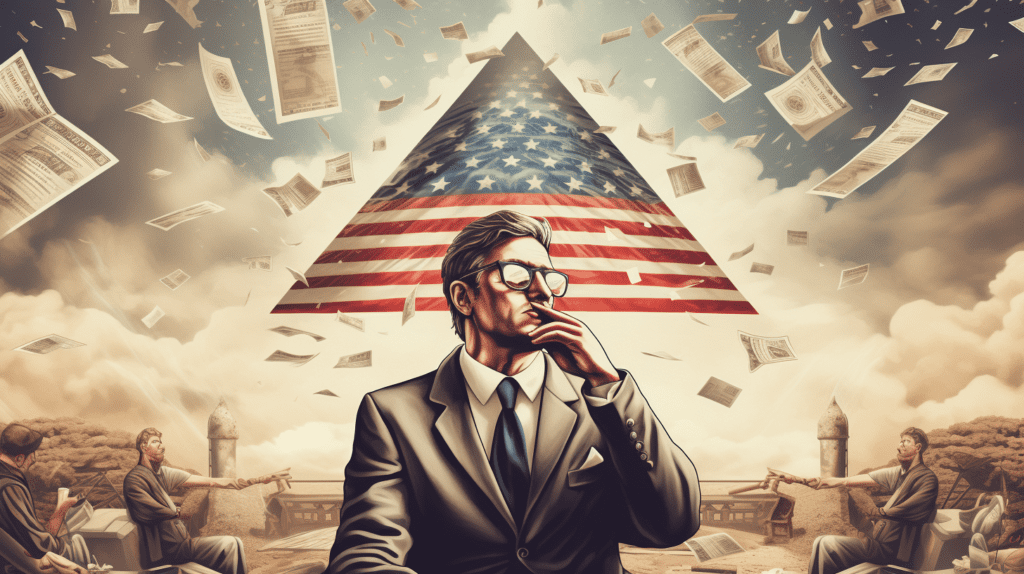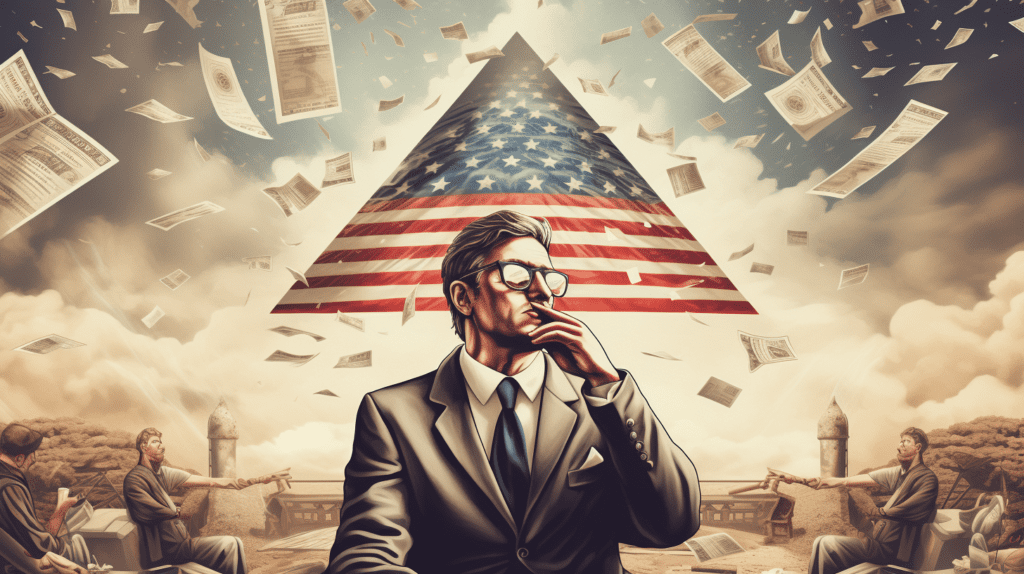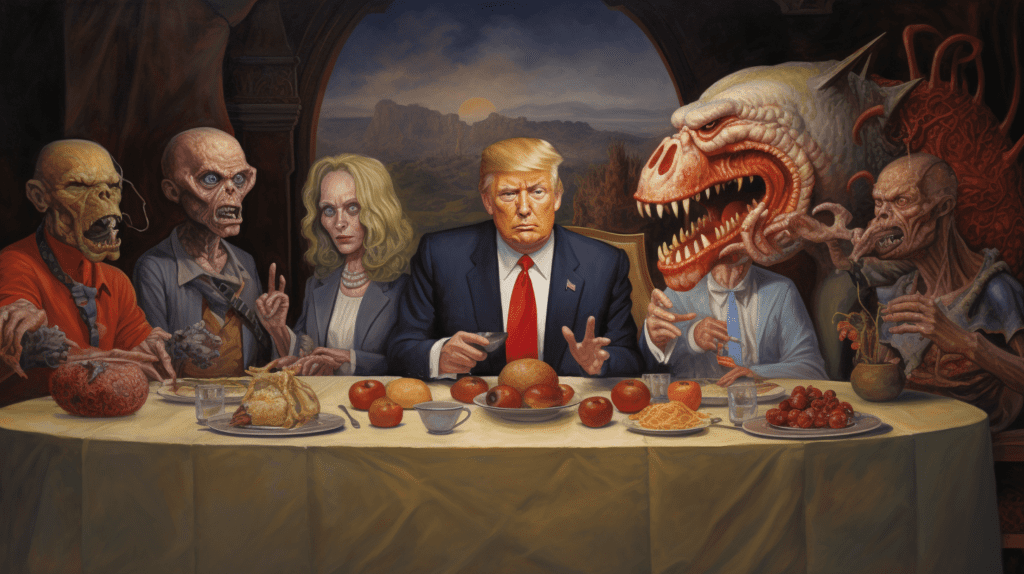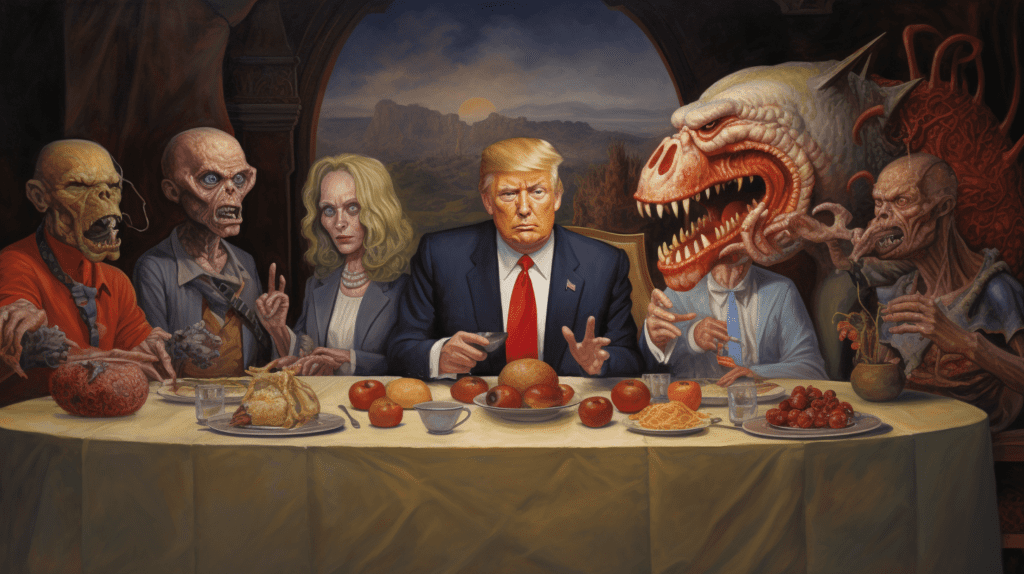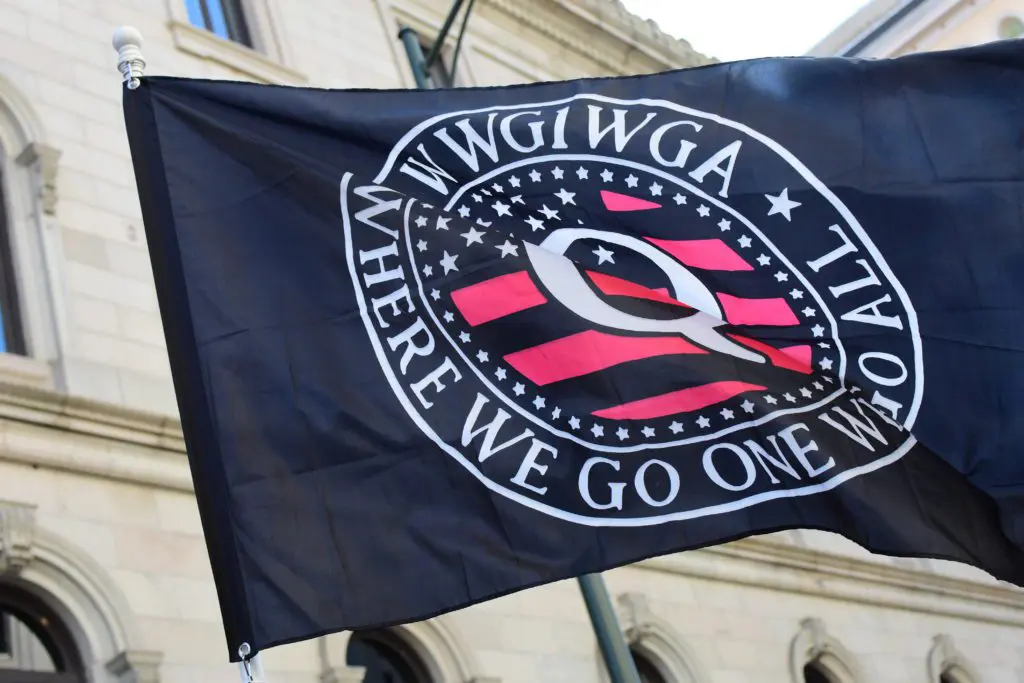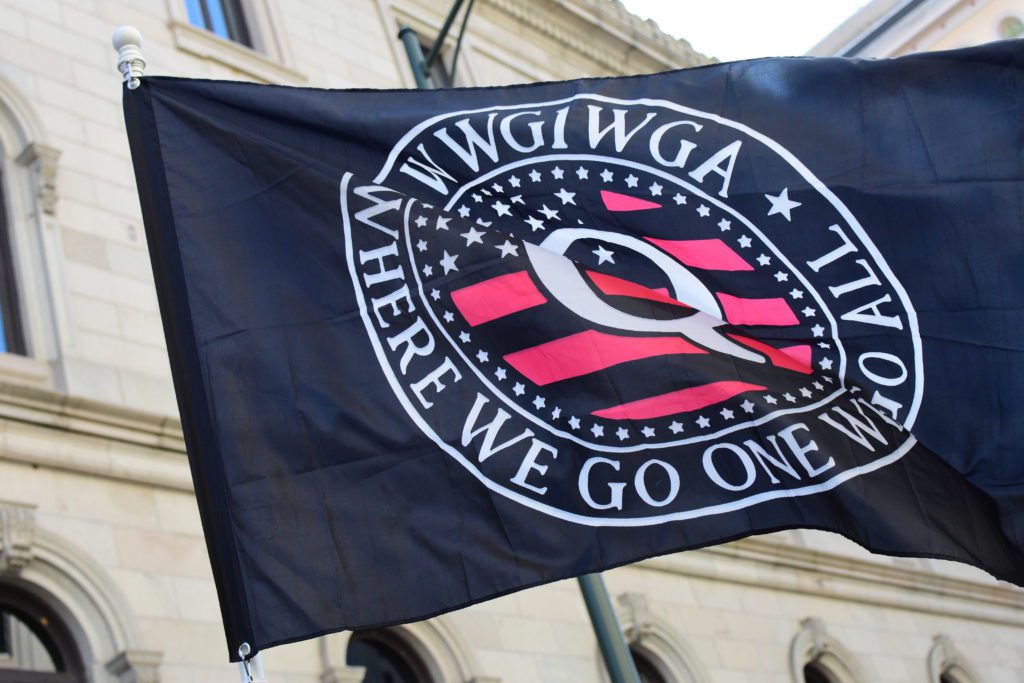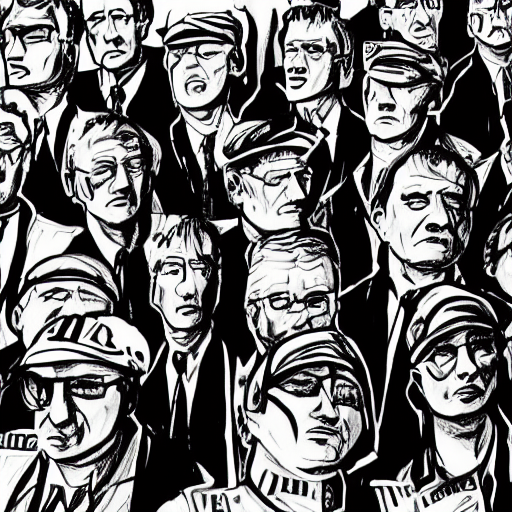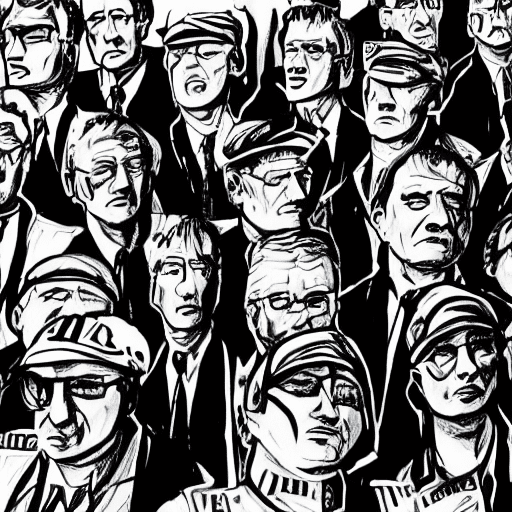Defense mechanisms are a set of unconscious psychological processes that help individuals cope with stressful or anxiety-provoking situations. A defense mechanism protects the individual’s mental well-being by reducing or avoiding feelings of anxiety, guilt, or other forms of psychological distress. Defense mechanisms operate on an unconscious level, meaning that the individual is not aware of using them to cope.
Defense mechanisms can be adaptive or maladaptive, depending on the situation and the individual’s coping strategies. Adaptive defense mechanisms allow individuals to manage stress and anxiety in a healthy way, while maladaptive defense mechanisms can lead to problems with emotional regulation and social functioning.
Defense mechanism examples
Some commonly familiar examples of defense mechanisms in everyday life that can be positive (i.e. adaptive) include:
- Humor: Using humor to diffuse a stressful situation can be a healthy way to cope, as it can help individuals see the situation in a more positive light.
- Sublimation: Channeling negative emotions into constructive or creative outlets, such as art or sports, can be a beneficial way to cope with stress.
- Altruism: Helping others can be an adaptive defense mechanism, as it can give individuals a sense of purpose and reduce their own feelings of anxiety as well as those of others they help.
- Suppression: Deliberately putting aside troubling emotions or thoughts for a period of time can be a healthy way to cope with stressful situations.
In contrast, maladaptive defense mechanisms are not generally mentally healthy, and can lead to serious psychological problems, especially when overused. Some key examples of maladaptive defense mechanisms include:
- Denial: Refusing to acknowledge a problem or a difficult situation can prevent individuals from taking appropriate action to address the issue. Denying the existence of a problem does nothing to change the reality of its existence.
- Projection: Blaming others for one’s own negative feelings or behaviors can prevent individuals from taking responsibility for their own actions. Projection also creates or exacerbates conflict with others socially, which can introduce new problems to the existing difficulties of managing one’s negative emotions.
- Repression: Pushing negative thoughts or memories into the unconscious can lead to feelings of anxiety or depression, as individuals are unable to process and address their feelings. Over time, repression can create enormous psychological distance between oneself and one’s own emotions, which can act as an existential kind of alienation from oneself.
- Regression: Reverting to childlike behavior or emotional states can prevent individuals from effectively coping with stressful situations. We’ve all wanted to run and hide in the face of life’s challenges from time to time — but when people choose to actually do so, it usually exacerbates and compounds the existing problems they are unable or unwilling to face.
Defense mechanism vs. Coping strategies
One thing to note is that defense mechanisms are not the same as coping strategies. Coping strategies are conscious, intentional efforts to manage stress and anxiety, while defense mechanisms operate on an unconscious level. While some coping strategies may overlap with adaptive defense mechanisms, the two concepts are distinct.
Defense mechanisms are often used to protect the individual’s self-esteem and sense of well-being. They can be useful in certain situations, such as during times of acute stress or trauma. However, over-reliance on defense mechanisms can lead to problems with managing emotions and functioning in social settings. People who consistently use unhealthy defense mechanisms may benefit from therapy or other forms of treatment to help them develop healthier coping strategies.
Therapists and mental health professionals may use techniques such as psychoanalysis or cognitive-behavioral therapy to help individuals identify and address their defense mechanisms. By becoming more aware of these unconscious processes, individuals can develop healthier coping strategies and improve their ability to manage emotions and participate fully in social life.
